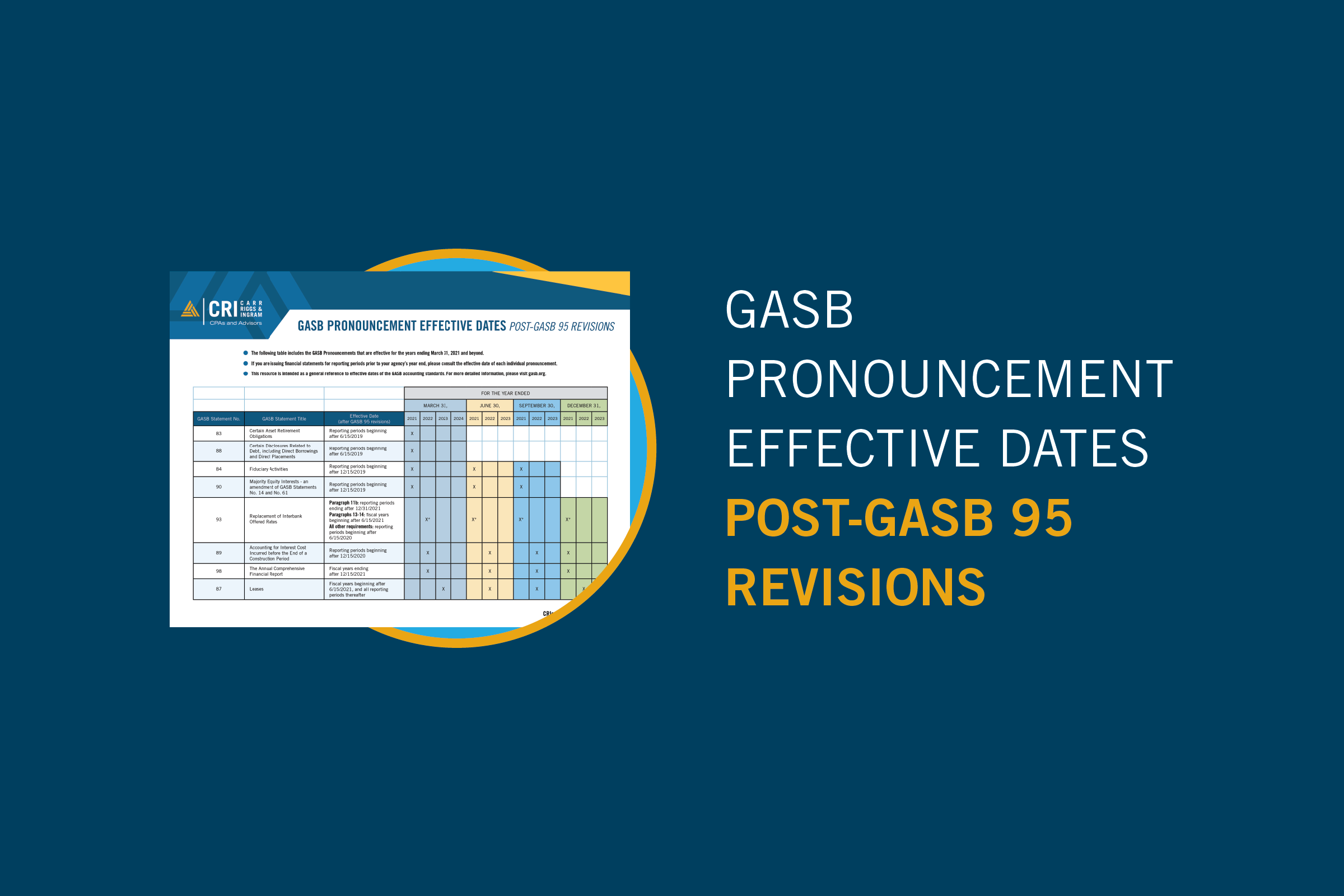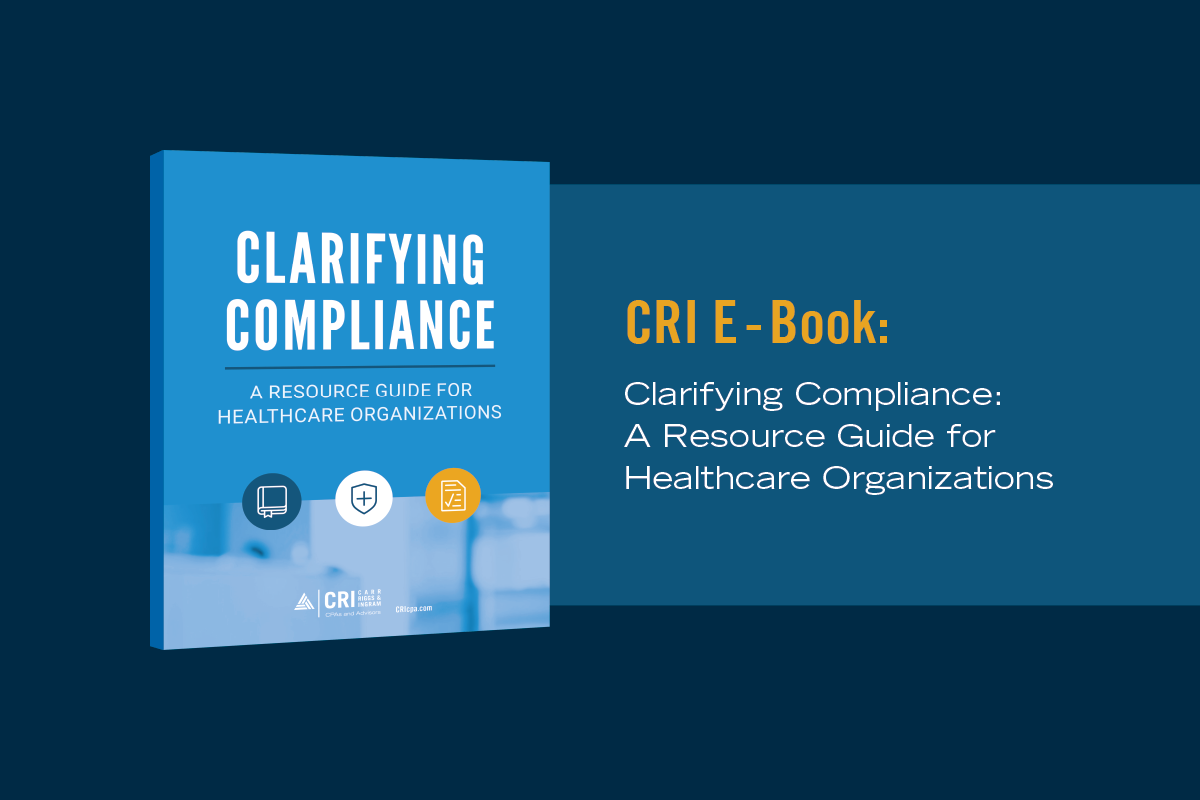
The composition of today’s workforce has evolved significantly compared to a decade or two ago. With the emergence of the gig economy in the early 2000s, there has been a notable shift, as nearly one-third of employed Americans now operate as independent contractors or are employed by self-employed individuals. While self-employment presents an enticing prospect for individuals seeking autonomy, freedom from rigid hierarchies, and the ability to shape one’s professional trajectory while enjoying a more flexible work schedule, it’s important to recognize that this newfound independence comes with its own considerations, particularly in the realm of taxation, which uniquely affects self-employed individuals and distinguishes them from traditional W-2 employees.
Income Taxes
All workers, whether employed by an organization or self-employed, must pay income taxes on the money they earn, but self-employed individuals bear a more considerable reporting burden. Many self-employed individuals operate under business structures like limited liability companies (LLCs), partnerships, or corporations. They often adopt these business structures for legal protection without realizing that doing so will affect how they report income. Owners of partnerships, S corporations, and some LLCs are required to file separate tax returns for their companies before business earnings trickle down to their personal returns. Partnerships, for example, report business earnings on Form 1065, and those earnings get passed down to each partner via Schedule K-1. Even though partnerships and S corporations do not pay taxes at the entity level, the reporting requirements can be burdensome.
Operators of sole proprietorships and single-member LLCs do not need to file separate tax returns to report business earnings, but they do need to file separate tax schedules. Their business earnings are reported on Schedule C of Form 1040. Schedule C is not as extensive as Form 1065 (for partnerships) or Form 1120-S (for S corporations), but it does require individuals to understand complex tax topics and stay current on changes to both business and individual tax law.
In addition to the reports, self-employed taxpayers should consider paying estimated taxes to the IRS and potentially state departments of revenue at least quarterly. W-2 employees pay taxes to the government with every paycheck when their employers withhold and remit those taxes on their behalf, but self-employed persons remit those payments themselves. Paying the estimates each April 15, June 15, October 15, and January 15 is essential, but more importantly, self-employed individuals must know how much to pay in. If they underestimate their income for the year or fail to pay tax equitably throughout the year, they may owe interest and penalties. If they overestimate their income, they will be issuing an interest-free loan to the government with funds they could use to further their business operations. Finding the right balance can be tricky, especially if income is volatile or uncertain.
Payroll Taxes
Self-employed individuals must be concerned with not only their own payroll taxes, but also those of their employees.
Self-employment tax is a misnomer because it’s not a unique tax on self-employed persons. Self-employment tax is payroll tax. Non-self-employed individuals such as W-2 workers pay 1.45% of their income to Social Security and 6.2% to Medicare, the amounts of which are matched by their employers and remitted each pay period along with federal income tax withholdings. However, self-employed persons must pay both the employer’s and the employee’s portion of payroll taxes, totaling 15.3% of their self-employed net income. They can deduct the employer’s portion of those payroll taxes but will be taxed fully on the remaining 7.65% at the end of the year.
Self-employed individuals who employ others will also be responsible for their employees’ payroll taxes. Employers must pay the employer’s portion of Medicare and Social Security taxes, federal unemployment taxes (FUTA), and disability insurance if required by the state or jurisdiction. As with income taxes, the reporting requirements for payroll taxes may be even more burdensome than the tax itself.
State and Local Taxes
State and local taxes encompass all taxes that are levied by state and local governments rather than the federal government. Two state and local taxes likely to affect self-employed individuals are sales and use taxes.
Sales Taxes
Just like any consumer, self-employed individuals need to pay sales tax on goods that they purchase to use in their business, but sales tax liabilities are not their chief concern. Sales tax collection is the true burden.
Each state imposes its own sales tax laws, but generally, taxpayers and businesses are responsible for collecting and remitting sales taxes when they sell goods (and sometimes services) to the end consumer. This issue has become more complicated in the last 30 years as interstate commerce has become ubiquitous. Some states are now expanding their laws to capture tax revenues from out-of-state sellers, so the processes involved in assessing, collecting, and remitting the appropriate amounts at the appropriate times to the appropriate jurisdictions have become more complex.
Use Taxes
On the other side of the sales tax coin is use tax. When taxpayers make tax-free purchases in another state and bring those items back to their home state to consume or use, they likely have a use tax liability to their home state. Use taxes are self-assessed and self-reported and can be easy to overlook. These taxes can add up quickly, so self-employed business leaders will be wise to pay attention and track their liabilities closely.
Lean on Experienced Advisors
While self-employed taxpayers certainly have more tax concerns than their W-2 worker counterparts, it is important to emphasize that these burdens are manageable. With the appropriate guidance, self-employed individuals can navigate the intricacies of their specific tax situations and manage them successfully. Reach out to your CRI tax advisor if you have questions about your self-employed business and to ensure you receive the necessary support to navigate the complexities of self-employment taxes successfully.
Relevant insights
Join Our Conversation
Subscribe to our e-communications to receive the latest accounting and advisory news and updates impacting you and your business.




















































































































































































































































































































































































































































































































